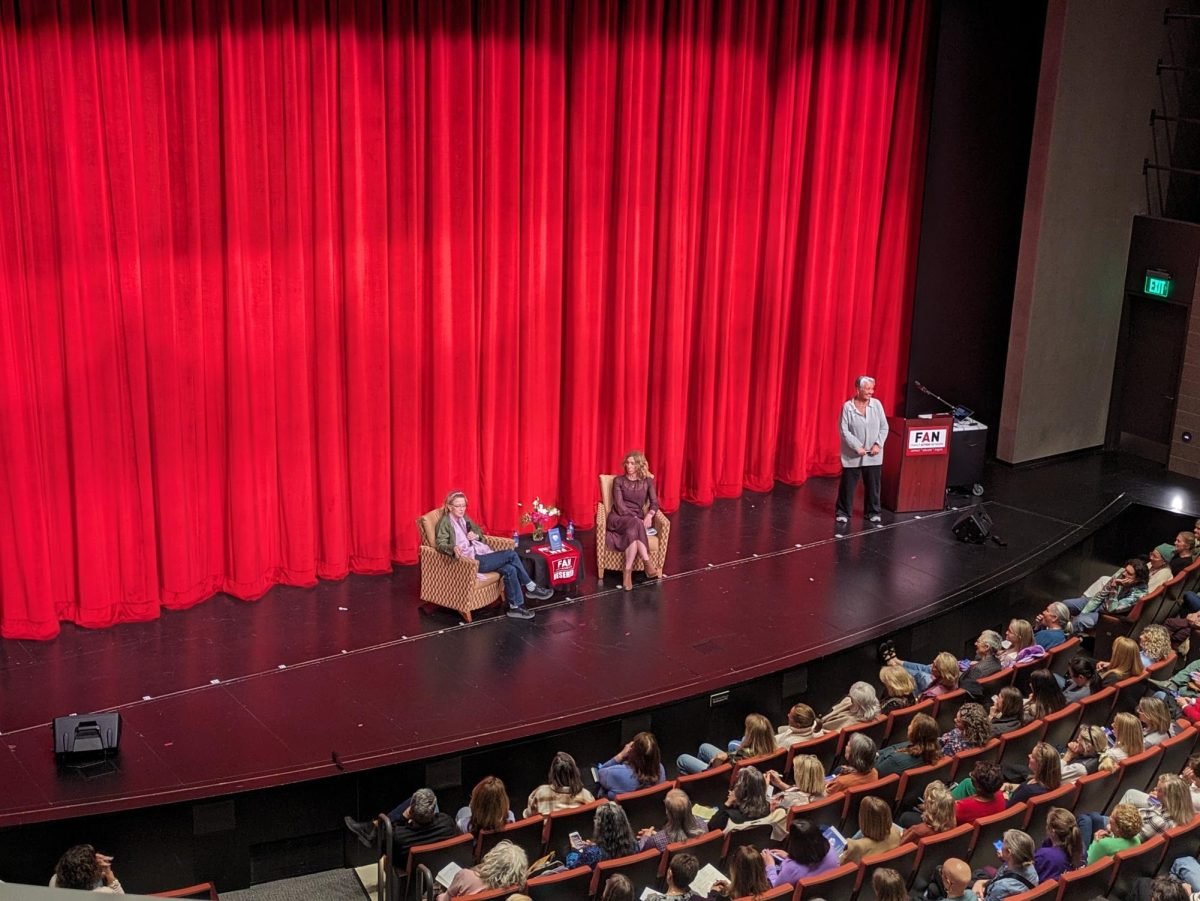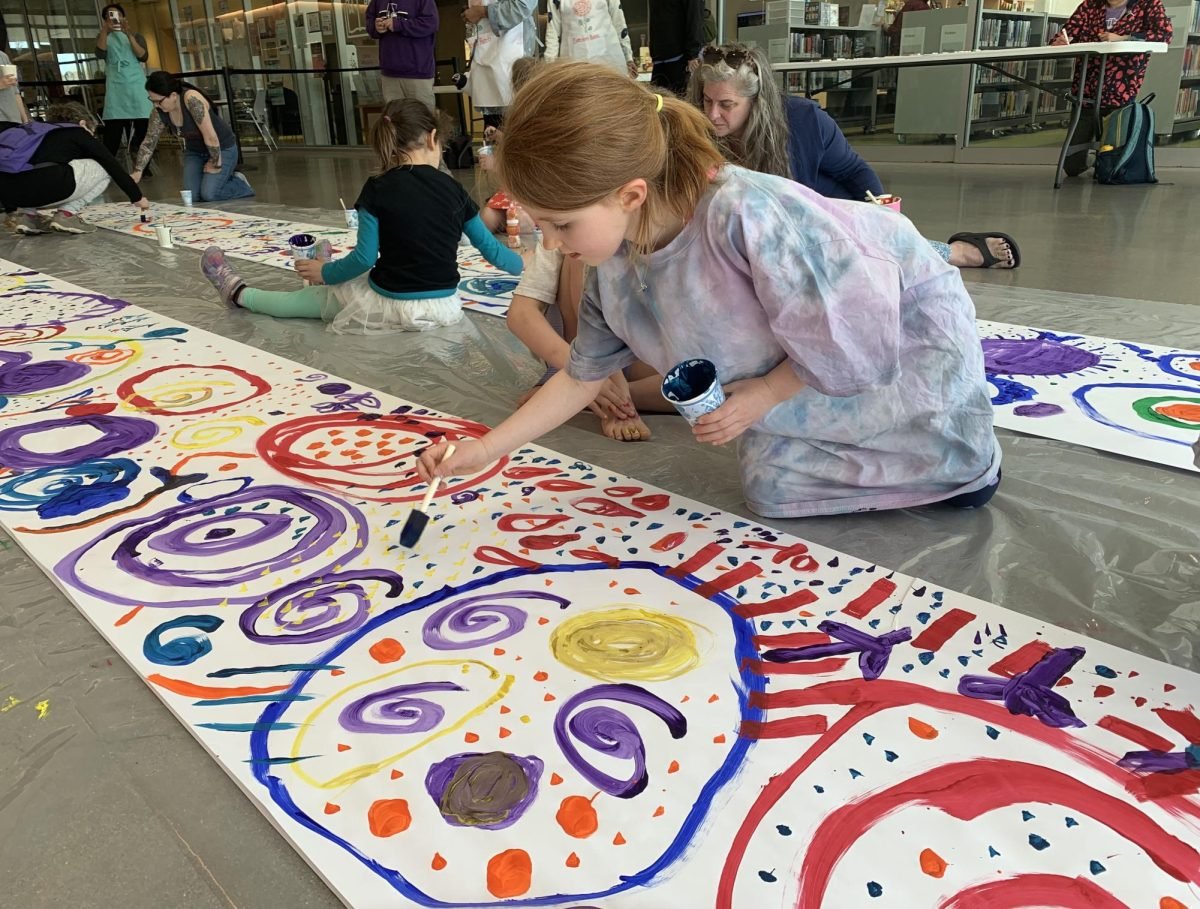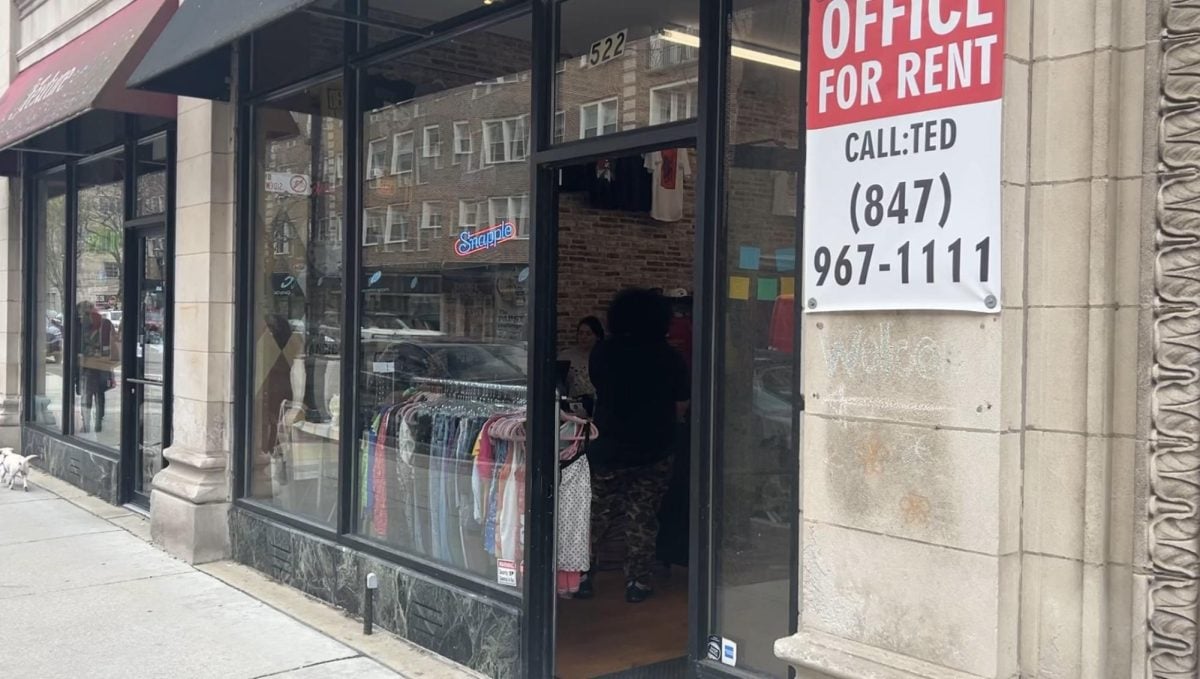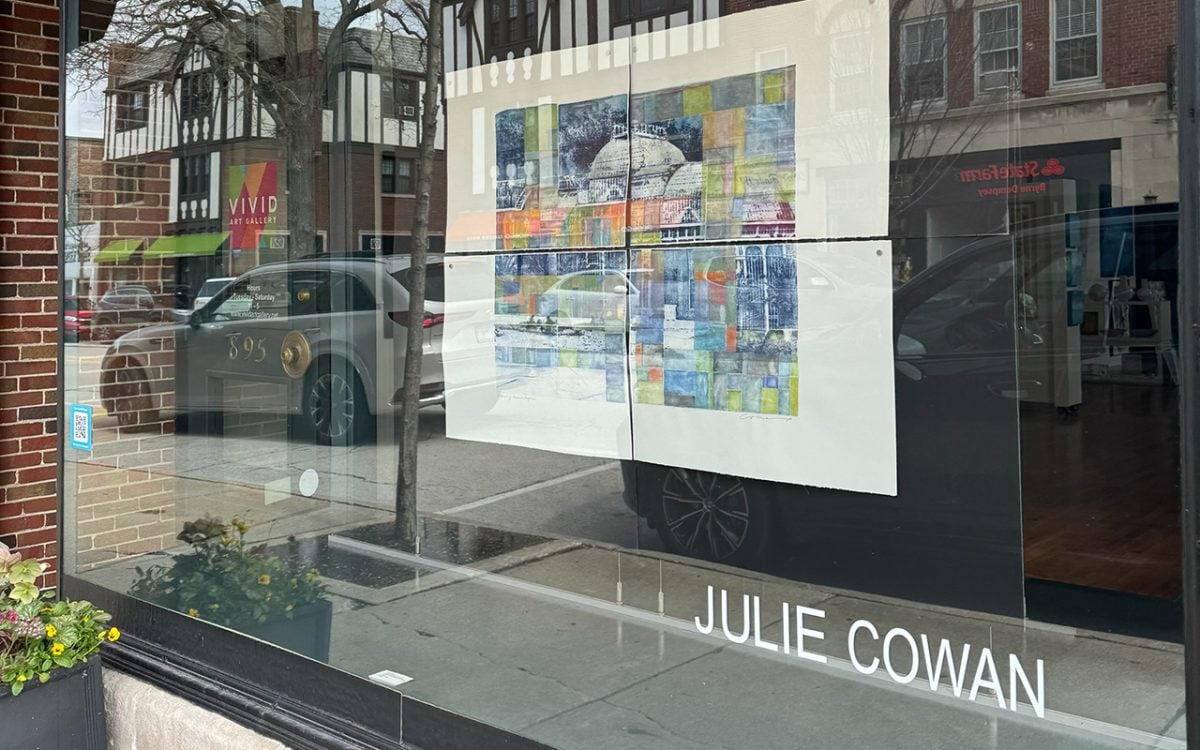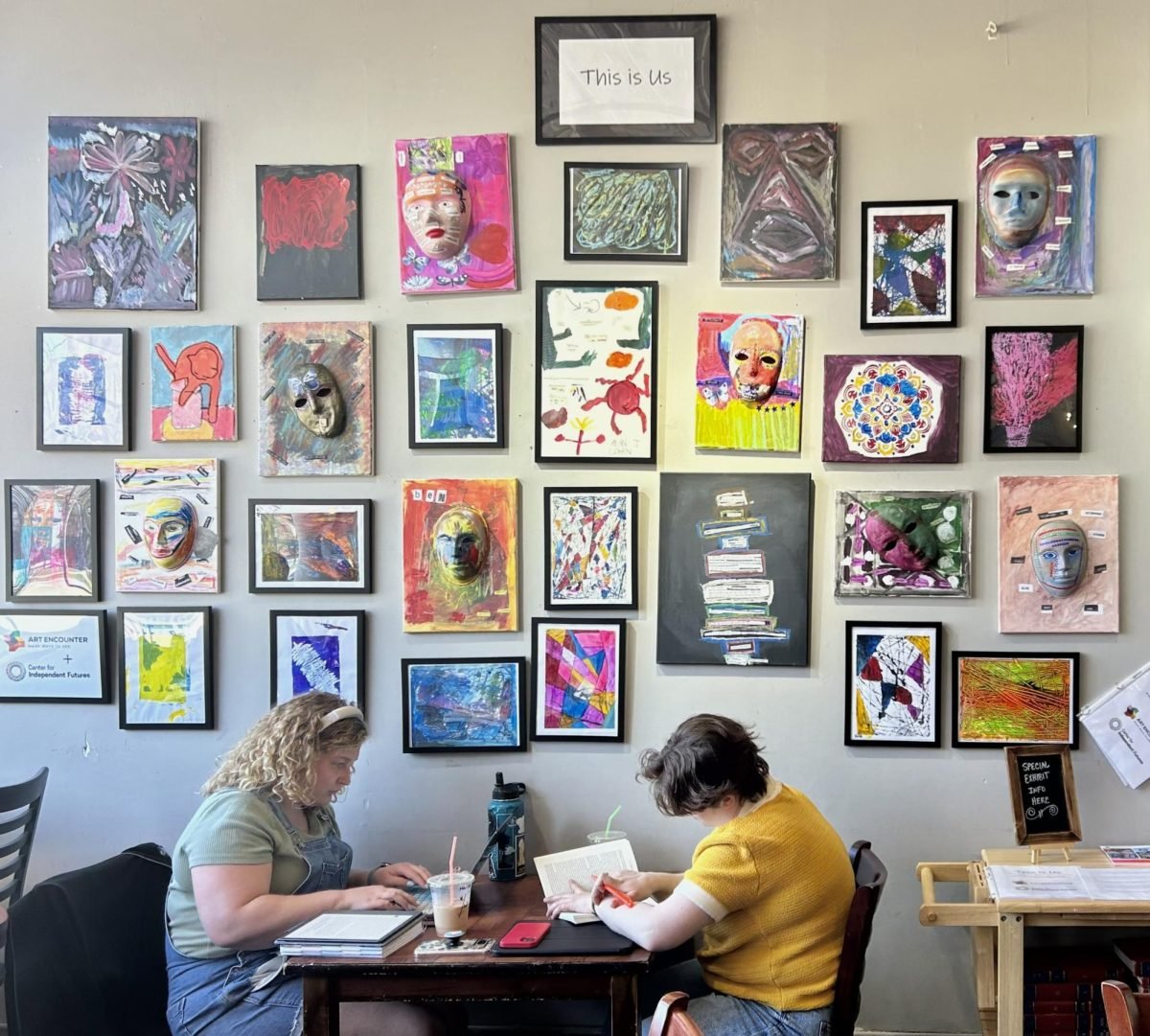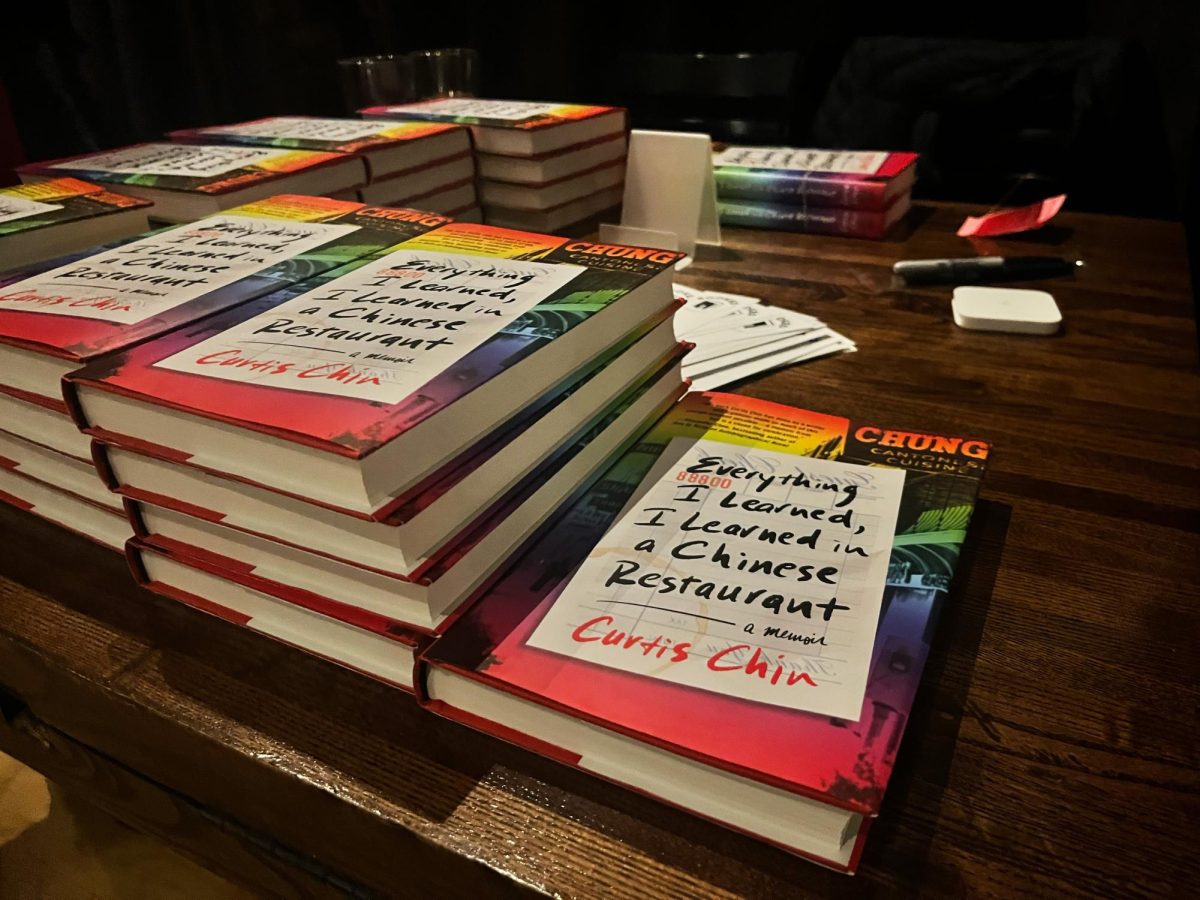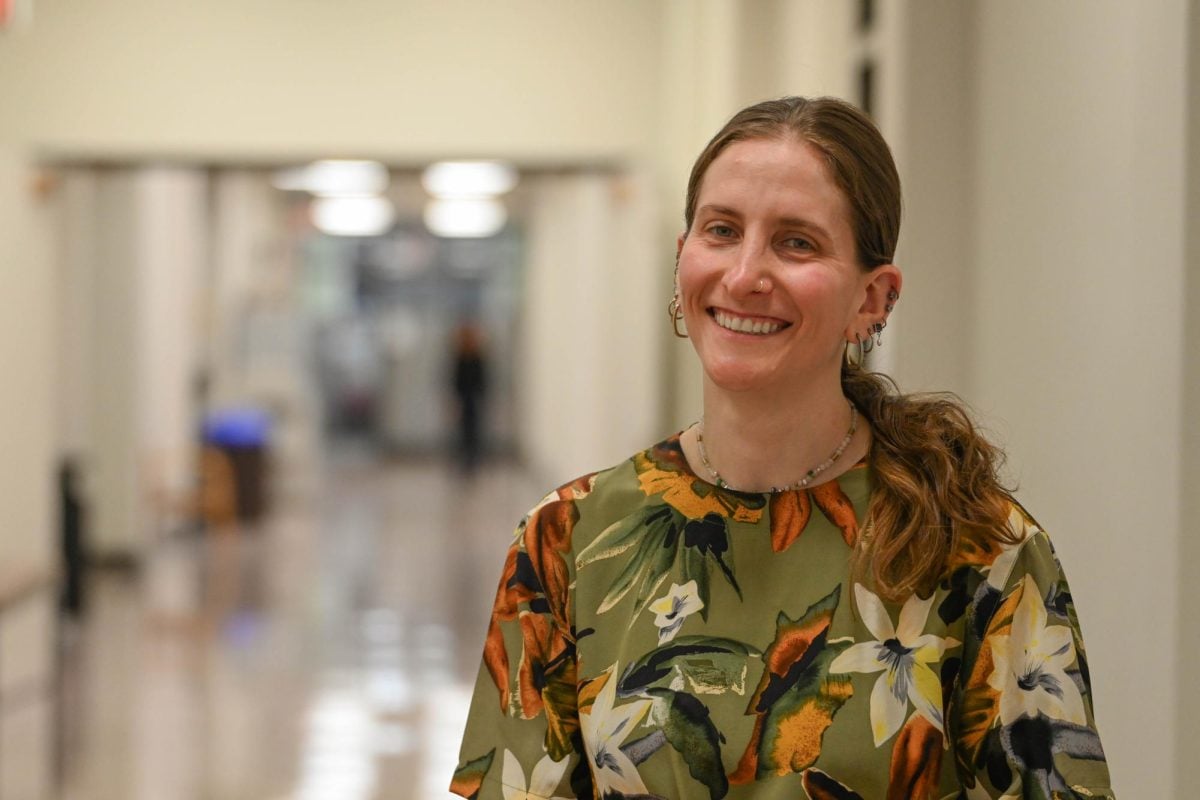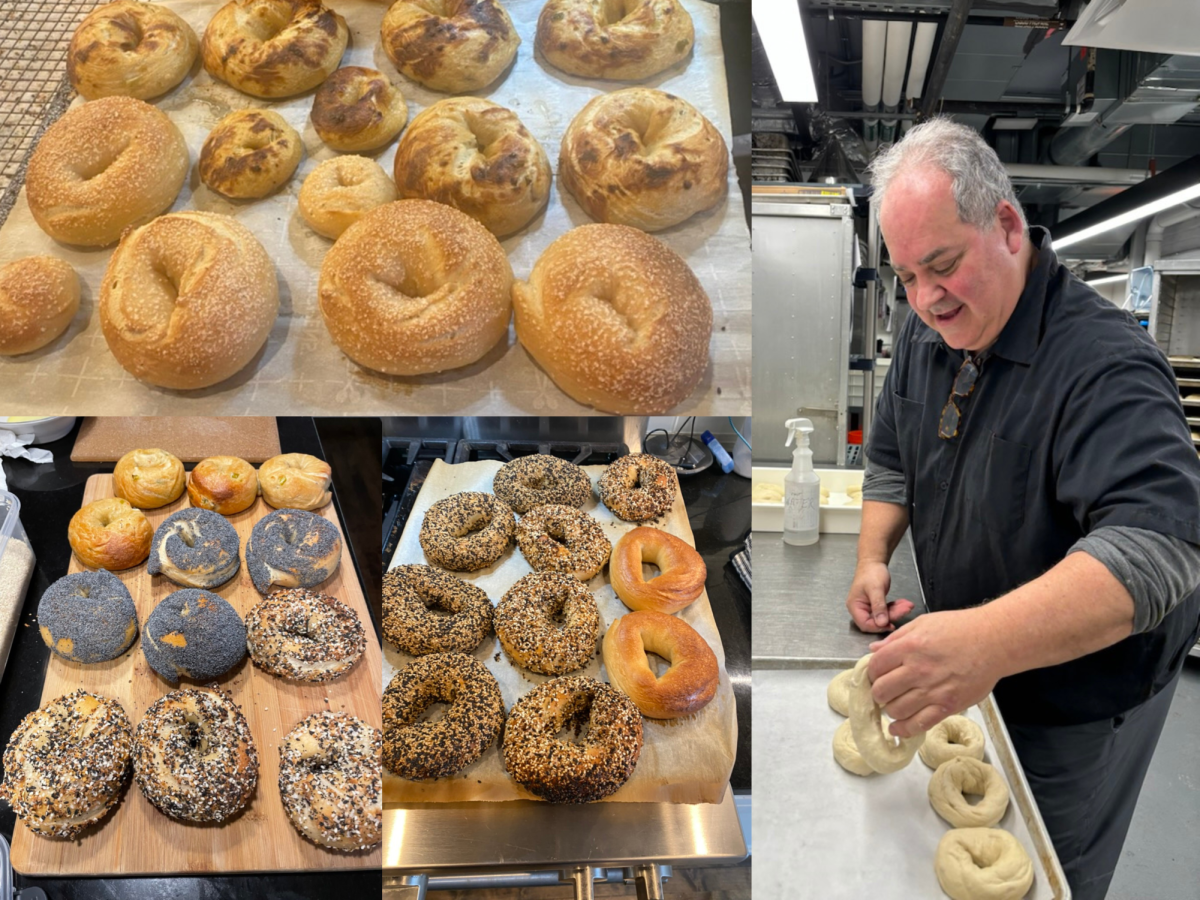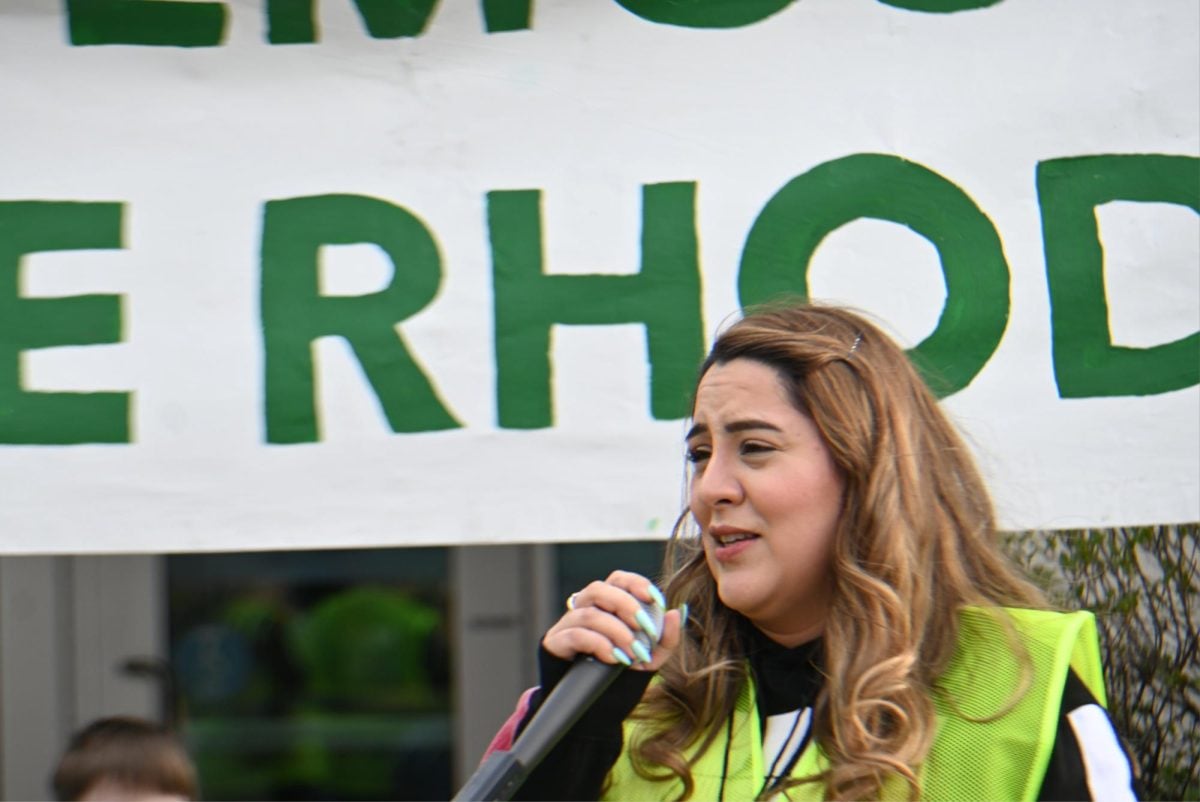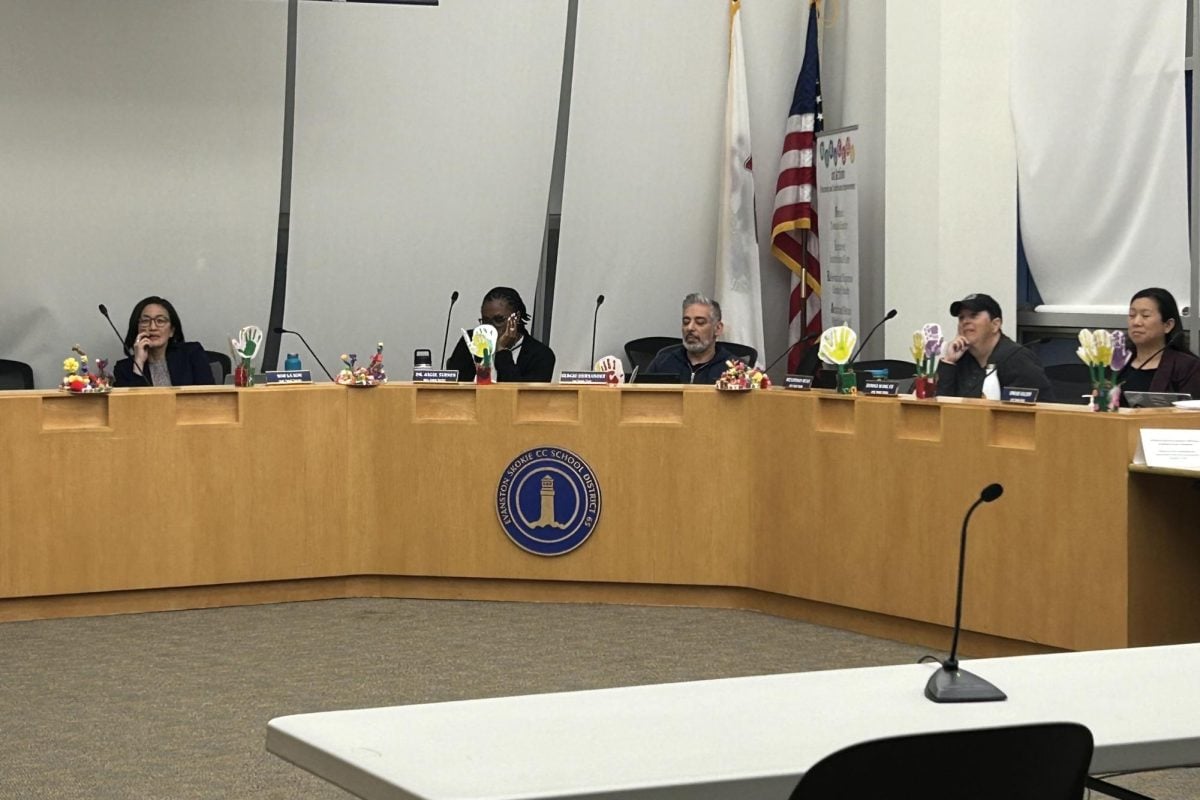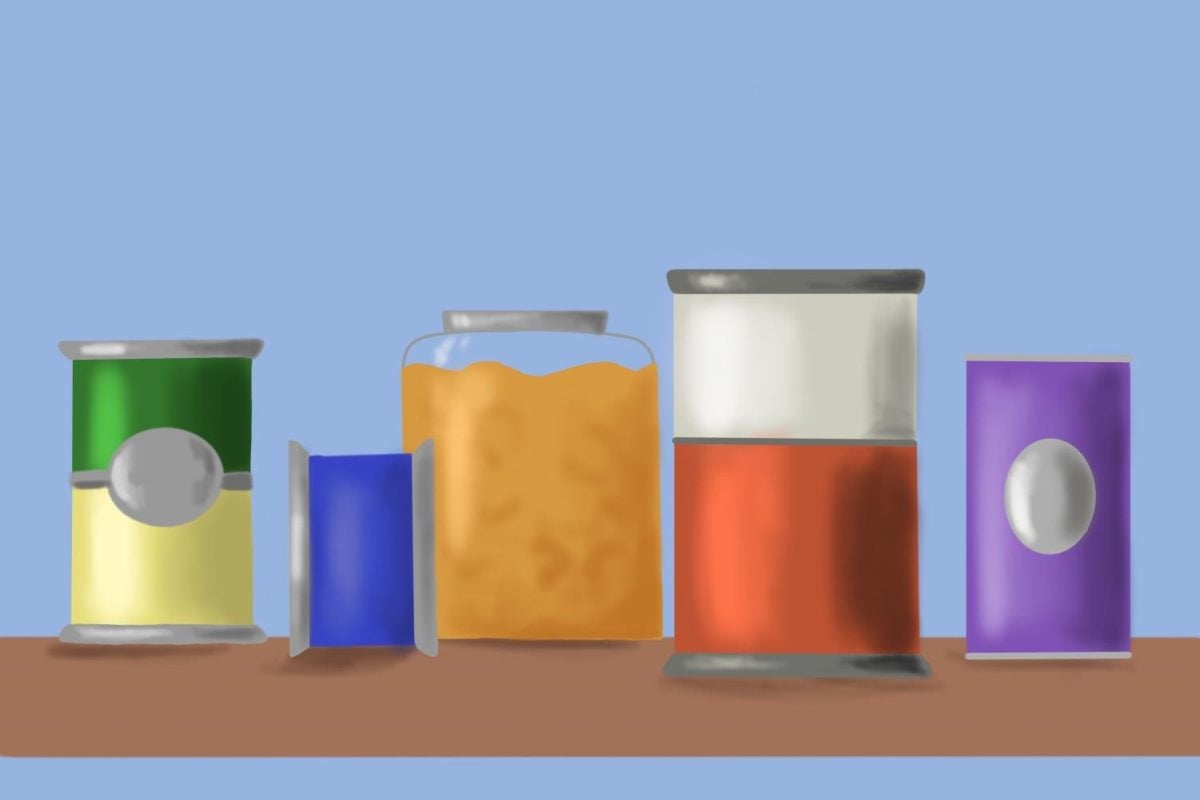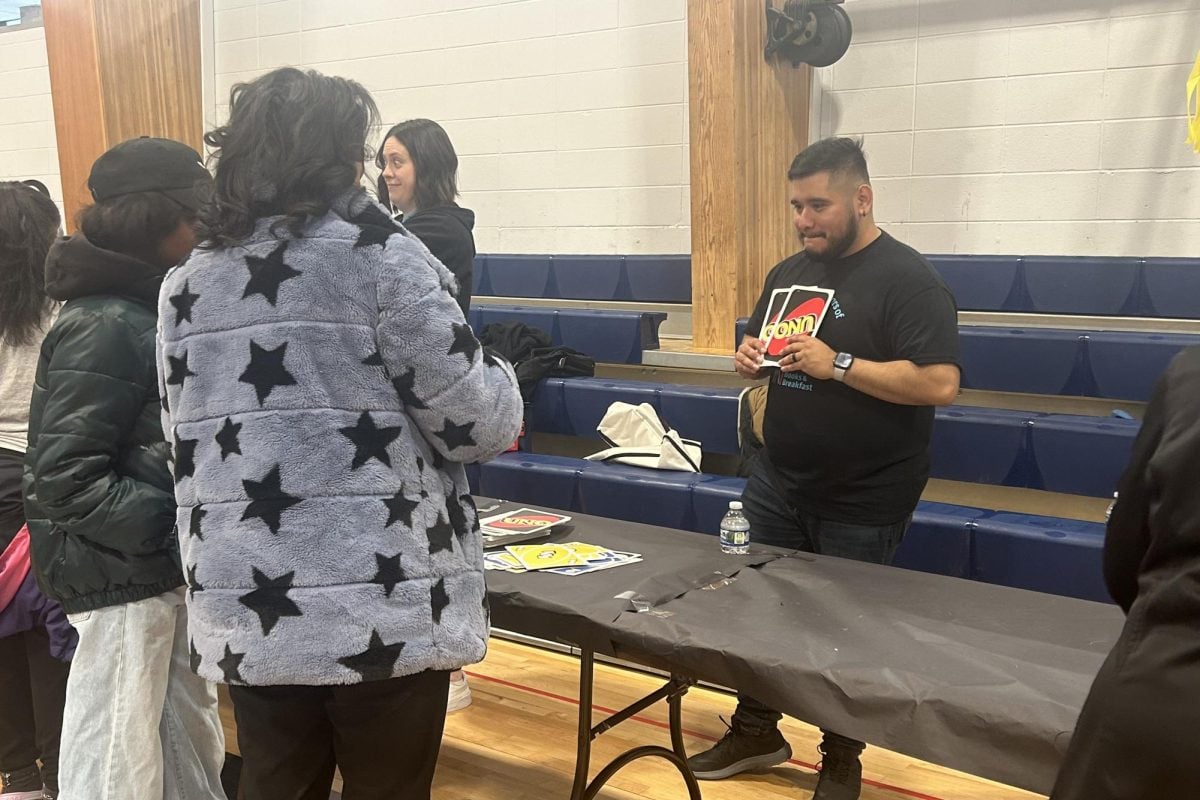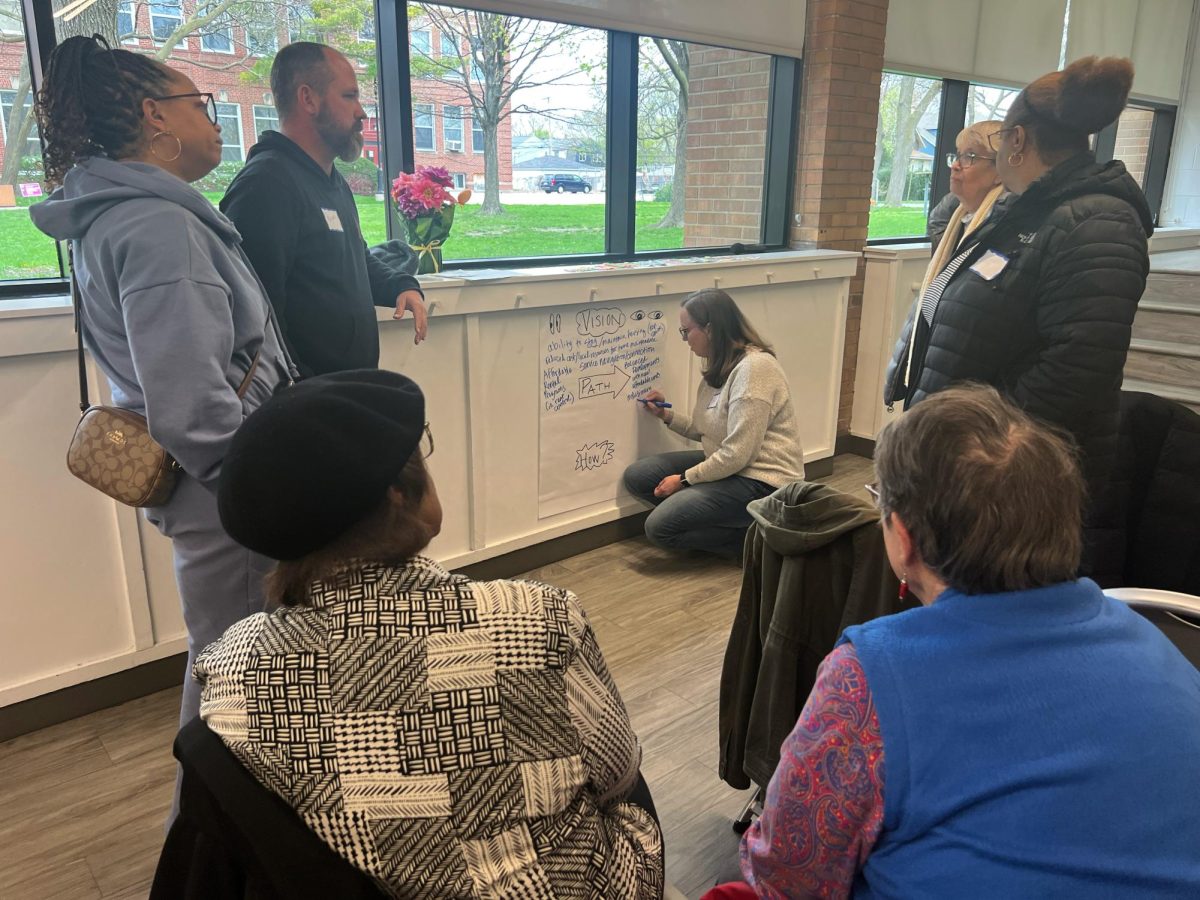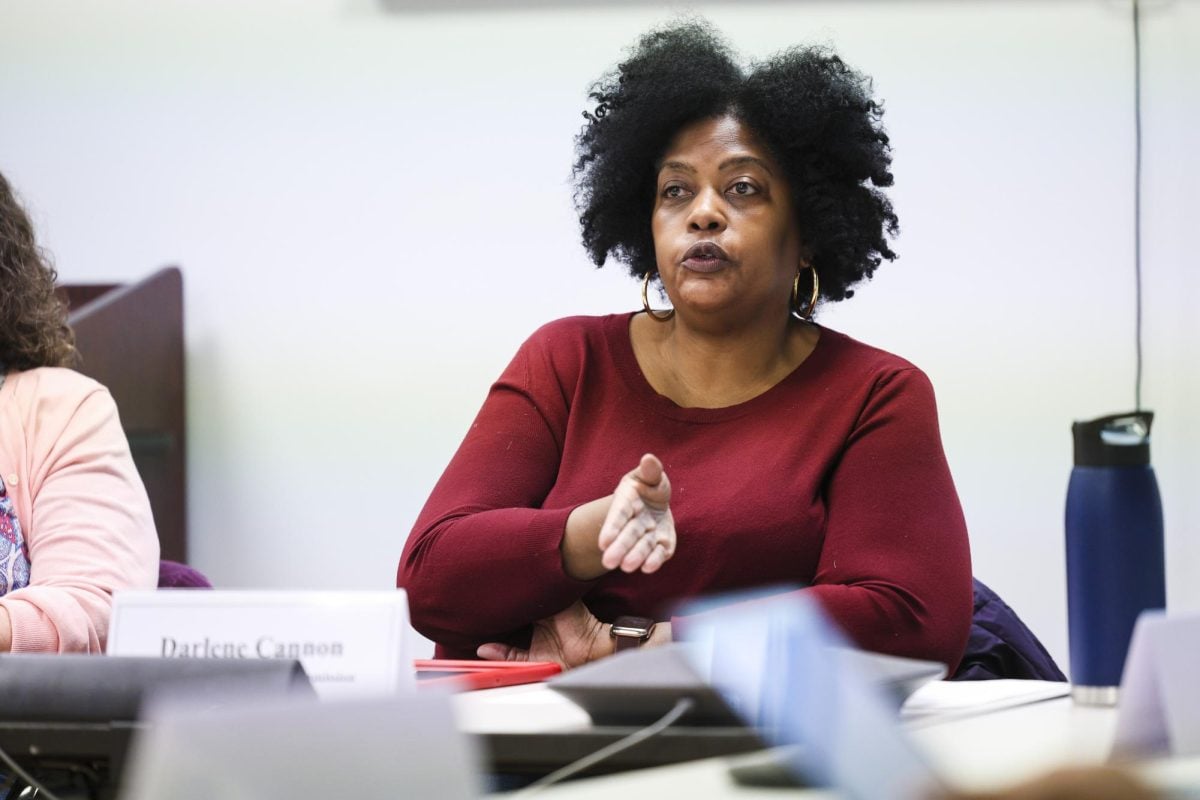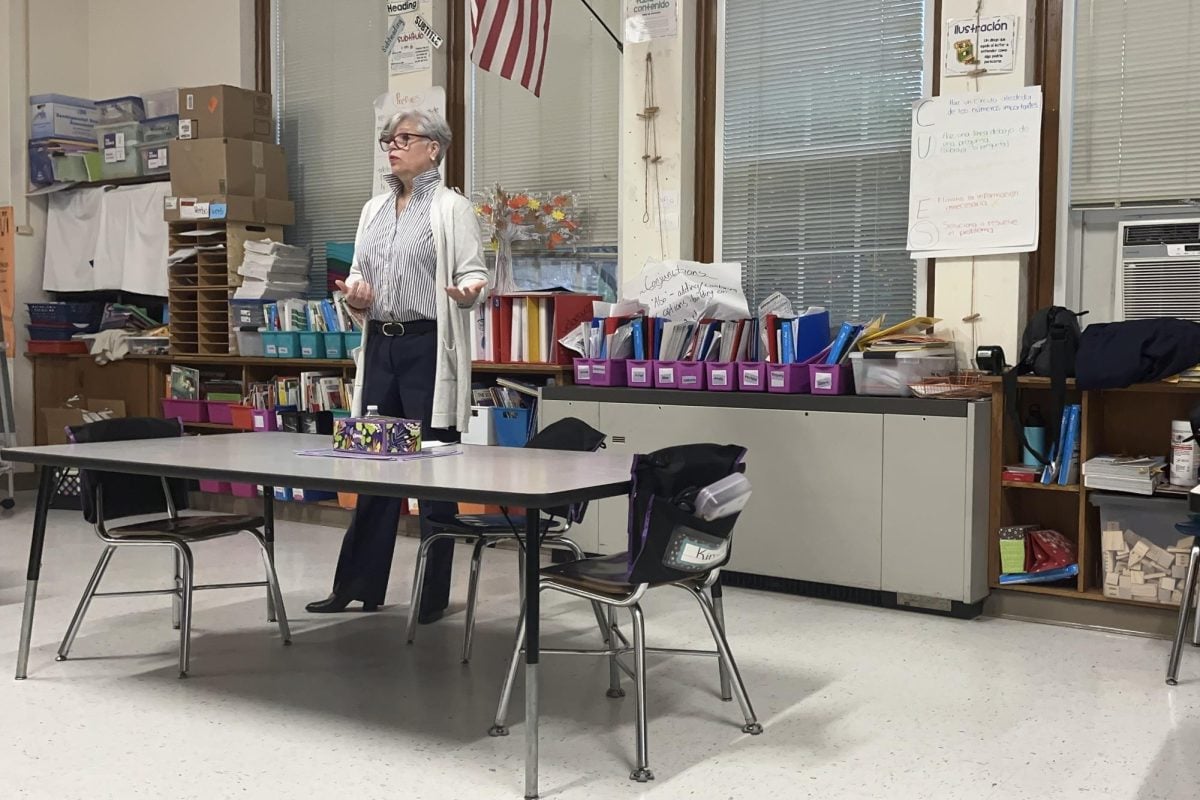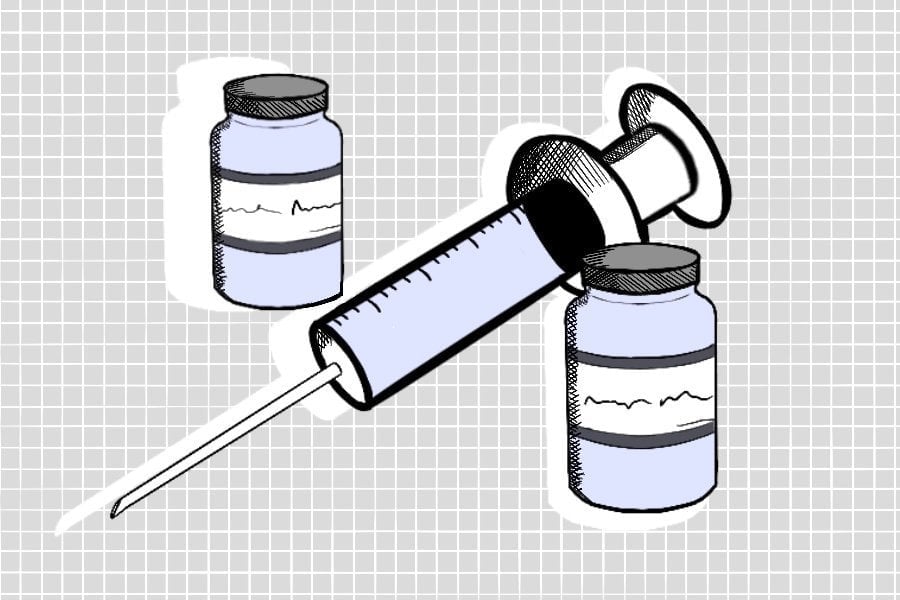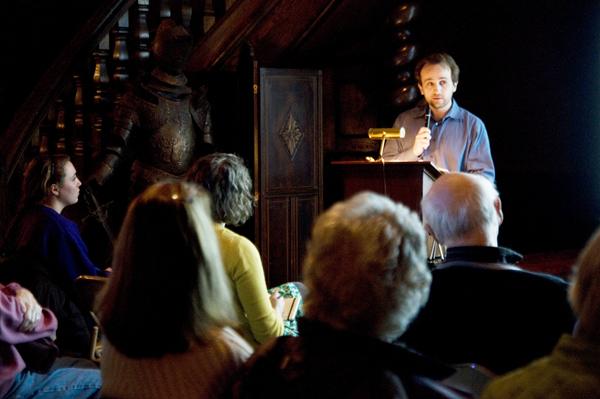
What sparked Chicago-based journalist Josh Schonwald’s interest in the evolution of food were four words uttered by one of his colleagues: “There’s this new fish.”
“The simple combination of words intrigued me — a new fish?” Schonwald said. “Could there be such a thing?”
The new fish has a name: cobia. Daniel Benetti, an aquaculture researcher at the University of Miami, told Schonwald the species was perfect: a cross between Chilean sea bass and swordfish, great as a steak or grilled as a burger.
“(He told me) In five years, cobia will be everywhere — Costco, Sam’s Club, the Outback Steakhouse, frozen food entrees, everywhere,” Schonwald said.
Cobia has yet to achieve the ubiquity Benetti anticipated, but Schonwald still wrote his book with the promise of cobia aquaculture in mind.
“The naive idea of the book is wondering if there are people like Benetti, who believe they have the next big thing in food in other parts of the food world,” Schonwald said.“If cobia could be the next salmon, is it possible that there could be a next cow?”
To simplify the aquaculture scenario to something his audience could better understand, Schonwald talked about lettuce.
“An example of just the type of revolution that I was hoping to find in exploring the world of food innovation is what happened to salad,” he said. “I remember lettuce as being one thing. It was iceberg lettuce, maybe some romaine.”
At some point in the ’90s, though, there was a regime change, Schonwald said. There was an explosion of varieties of lettuce like arugula and baby spinach.
Evanston resident Elizabeth Mertic said she came to Schonwald’s talk because she was interested in the topic. The evolution of salad resonated with her.
“When he talked about lettuce, I had to laugh because when I was a kid, salad was a piece of head lettuce with French dressing poured on it,” she said. “We had leaf lettuce we grew in the garden, and my mother always put vinegar and sugar mixed together on the lettuce.”
Today, Mertic can find many more kinds of lettuce, which she said makes salad more enjoyable than she ever thought possible. Schonwald’s book explores the possibility of more untapped food frontiers.
“Who am I to be piecing together this future?” Schonwald asked himself. “I’m not a futurist, not a scientist, not even a foodie.”

